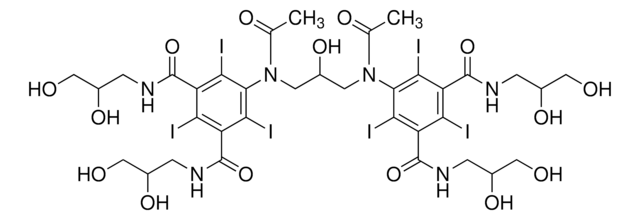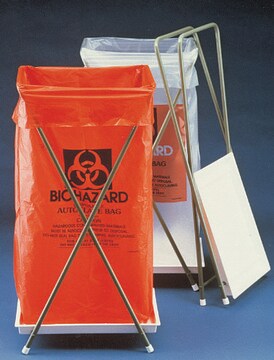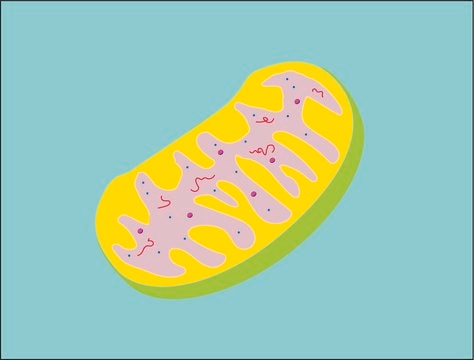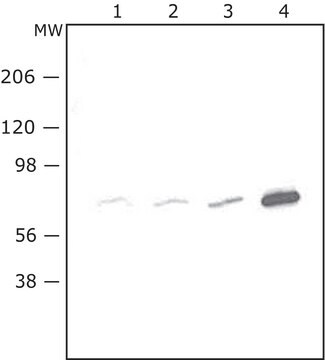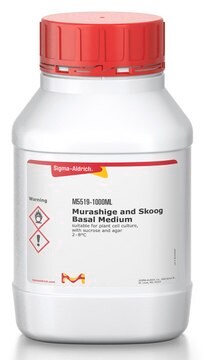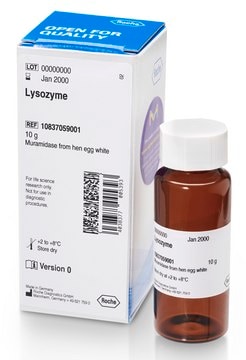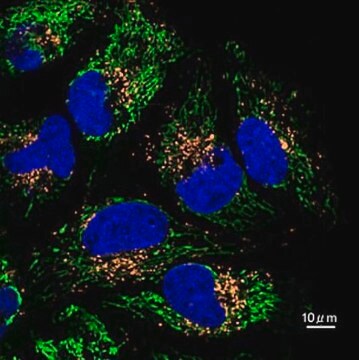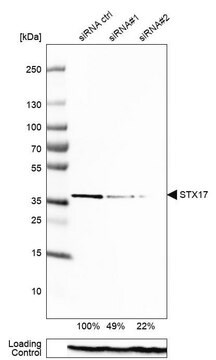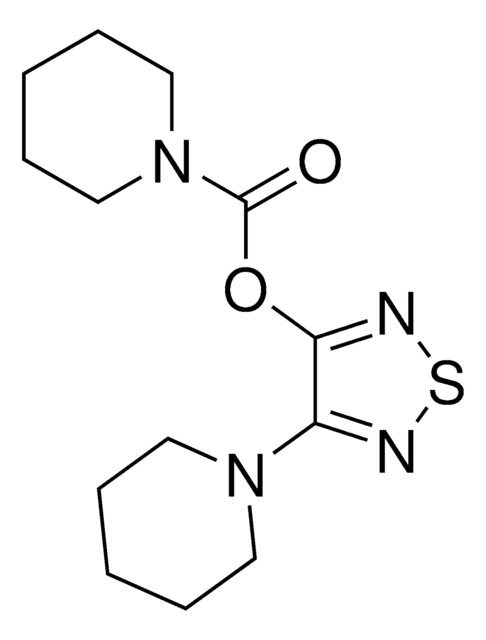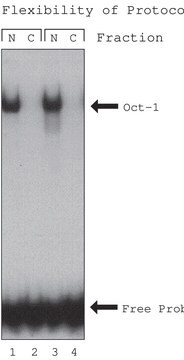LYSISO1
Lysosome Isolation Kit
sufficient for 25 g (tissue), sufficient for 20 mL (packed cells), enrichment of lysosomes from tissues and packed cells
About This Item
Empfohlene Produkte
Qualitätsniveau
Verwendung
sufficient for 20 mL (packed cells)
sufficient for 25 g (tissue)
Methode(n)
centrifugation: suitable
fractionation: suitable
Lagertemp.
2-8°C
Allgemeine Beschreibung
Anwendung
- in the isolation of cytosol and lysosome
- to obtain enriched light and heavy lysosomal fractions from cultured cells
- in the isolation of lysosomes of mouse bone marrow macrophages (BMMs)
- in lysosome purification
The Lysosome Isolation Kit provides a method for isolating lysosomes from animal tissues and from cultured cells by differential centrifugation followed by density gradient centrifugation and/or calcium precipitation. The presence of lysosomes can be measured by assaying the activity of the lysosomal marker Acid Phosphatase, with the Acid Phosphatase Assay Kit (Cat. No. CS0740). Separation from other organelles can be measured using the appropriate marker detection kits available from Sigma.
Leistungsmerkmale und Vorteile
- Generates functional organelles for metabolism and disease research
- Includes protease inhibitor to manage degradation
- Measures integrity with included Neutral Red dye
- Choose from multiple options to obtain enriched fractions
- Enriched fractions for intact and functional lysosomes from tissues and cells
- Suitable for functional studies including protein degradation
Kit-Komponenten auch einzeln erhältlich
- P8340Protease Inhibitor Cocktail, for use with mammalian cell and tissue extracts, DMSO solution 5 mLSDB
Anwendung
Signalwort
Warning
H-Sätze
Gefahreneinstufungen
Eye Irrit. 2 - Skin Irrit. 2
Lagerklassenschlüssel
10 - Combustible liquids
Flammpunkt (°F)
188.6 °F
Flammpunkt (°C)
87 °C
Analysenzertifikate (COA)
Suchen Sie nach Analysenzertifikate (COA), indem Sie die Lot-/Chargennummer des Produkts eingeben. Lot- und Chargennummern sind auf dem Produktetikett hinter den Wörtern ‘Lot’ oder ‘Batch’ (Lot oder Charge) zu finden.
Besitzen Sie dieses Produkt bereits?
In der Dokumentenbibliothek finden Sie die Dokumentation zu den Produkten, die Sie kürzlich erworben haben.
Kunden haben sich ebenfalls angesehen
Artikel
The isolation of subcellular fractions by centrifugation is a commonly used technique and is widely applicable across multiple cell and tissue types. Because organelles differ in their size, shape, and density, centrifugation can be easily employed to separate and purify organelle fractions from gently homogenized samples.
Unser Team von Wissenschaftlern verfügt über Erfahrung in allen Forschungsbereichen einschließlich Life Science, Materialwissenschaften, chemischer Synthese, Chromatographie, Analytik und vielen mehr..
Setzen Sie sich mit dem technischen Dienst in Verbindung.
